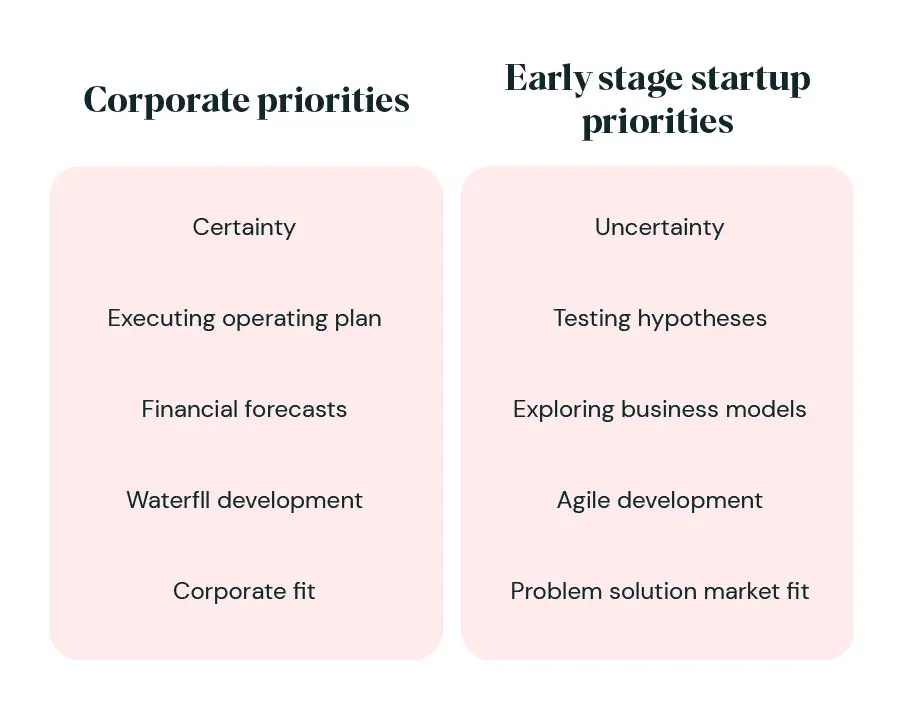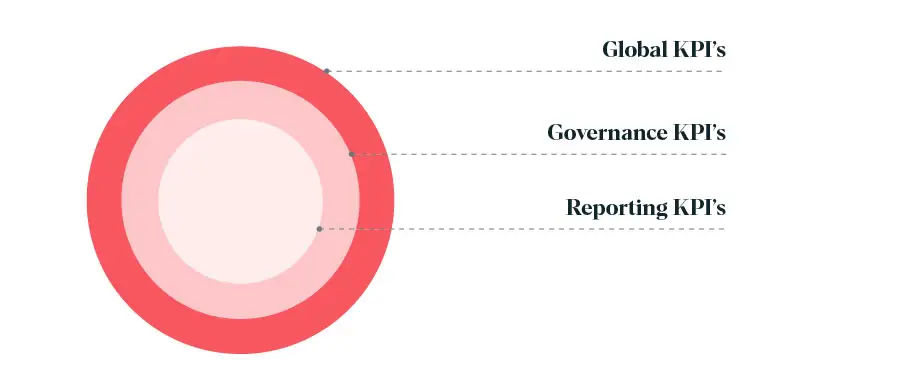Let’s get the importance of innovation out of the way to start with. It’s crucial to any company. Doesn’t matter if we are talking about a startup or a corporation. Any. Apple would not be Apple without an iPod and Toyota wouldn’t be Toyota without their lean manufacturing, or Netflix without…. well Netflix. You get the point.
Good, now we can continue talking about 2 fancy words in the title of this article. innovation accounting.
What is innovation accounting, anyway?

Though these two big words sound fancy, they don’t mean much to any of us. And if they do, that doesn’t mean your boss or your boss’s boss will interpret innovation accounting in the same way.
In general, innovation accounting refers to ways to communicate the process and progress of innovation projects through relevant KPIs (key performance indicators). There is a reason why innovation needs to be assessed by different metrics to other business projects. Typical business projects are executing the business plan and doing that in relatively known environments using KPIs that are developed to measure their performance.
Innovation projects, however, are looking for sustainable business models in unfamiliar environments and are often pushed into using the same KPIs as other business projects. Because of different natures of the projects, we believe companies should separate those 2 activities as much as possible and develop a tailored set of KPIs suitable for innovation projects.

Dan Toma & Tendayi Viki (authors of The Corporate Startup) are suggesting corporations use 3 levels of KPIs each tailored for different level innovation stakeholder.
- Reporting KPIs: Designed to measure the progress of incubated new ventures from ideation through to product-market fit.
- Governance KPIs: Helping paint a better picture for the board members as to whether or not to continue investing in particular ventures. Note: at this level, some companies will push innovation projects towards NPV calculations. Surprise, but there is an accounting way to valuate the innovation projects while taking into account the risky environments that they operate in. David Binetti explains how innovation accounting can be used for estimating NPVHEs in a 20-minute video.
- Global KPIs: These examine the overall performance of the innovation department within the context of the larger business.
The main takeaway from Toma’s and Viki article is that it is important to understand that innovation projects should not be perceived as a playground with no return possibilities. The 3 levels of KPIs are trying to help companies embrace that in a structured way while at the same time letting their projects to focus on progress.
Another interesting thing mentioned in the article is that if innovation departments are developing an accounting system, they do not always take innovation conversion into account (percentage of old customers that are converting to new offerings designed to replace the old ones aka cannibalisation). Corporations think of themselves as being able to protect their market share from the new entrants, hence they barely focus on winning their own customers with innovation projects. Nonetheless, that should be the ultimate goal of innovation departments if they want to disrupt the market and stay relevant in the future.
Main takeaways and discussion points
- Business and innovation projects should be separated
- They should also have different set of KPIs as the nature of the projects is different
- Understanding the first two bullet points and installing this mindset throughout the organisation is more important than developing state of the art KPIs
- Innovation should not be treated as a playground with no possibility of return
- Innovation return is more important on overall level rather then per project basis
- Innovation departments should measure cannibalisation as a positive KPI
- Cannibalisation should be the ultimate goal of every Innovation department
By following this mindset we hope that corporations can equip themselves for the future and the next Airbnb is indeed going to be developed by Marriott. No pressure. ?
We are curious how innovation is monitored in your organisation, so let us know what challenges you are currently facing and what you think about the 3 levels of KPI.


